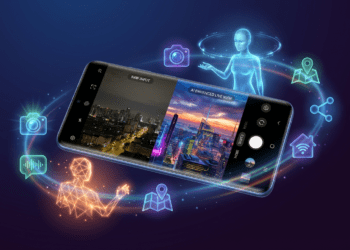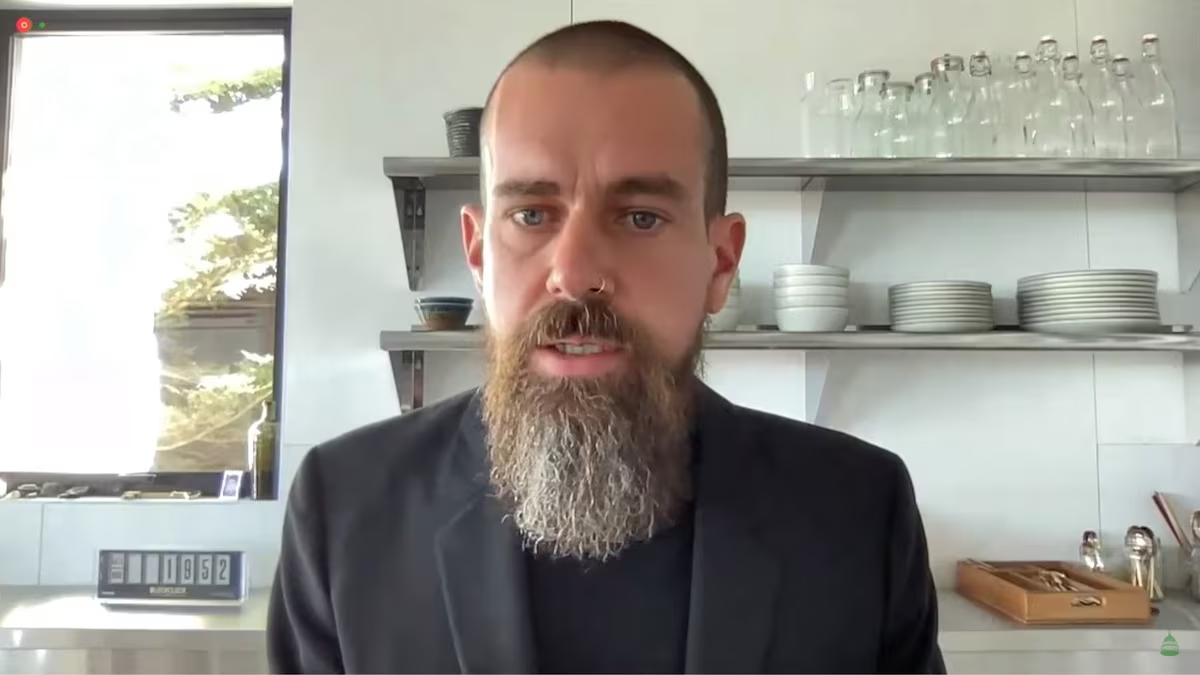The tech world is buzzing. Nvidia’s CEO Jensen Huang just dropped a prediction that’s got everyone talking. Speaking on the All-In podcast with venture capitalist Chamath Palihapitiya, Huang made a statement that could reshape how we think about wealth creation in the digital age.

“AI will create more millionaires in five years than the internet did in 20,” he declared.
That’s not just corporate optimism talking. This is coming from the man whose company has become synonymous with the AI revolution. Huang isn’t just making predictions he’s actively building the infrastructure that could make them reality.
The Great Equalizer Has Arrived
What makes Huang’s prediction so compelling? He calls AI the “greatest technology equalizer of all time.” But what does that actually mean for regular people?
According to Huang, the traditional barriers to wealth creation are crumbling. Remember when you needed to learn C++ or Python to build something meaningful? Those days are over.
“Everybody is a programmer now,” Huang explained during the podcast. The gatekeeping of coding languages has faded away. People now just need to talk to AI in natural language to create powerful applications.
But it goes deeper than programming. “Everybody is an artist now; everybody is an author now,” he added. AI bridges the gap between having an idea and actually executing it. That’s revolutionary.
Think about it. How many brilliant ideas have died because people couldn’t code them into existence? How many creative visions never saw daylight because the technical barriers were too high? AI is demolishing those walls.
Small Teams, Massive Impact
Here’s where things get really interesting. Huang shared some eye-opening numbers about what small, focused AI teams can accomplish.
Take OpenAI. They started with around 150 researchers. DeepSeek in China? Similar workforce. Yet these teams have created value worth $20 to $30 billion. That’s roughly $200 million per person.
“No industry in history has ever had this kind of leverage,” Huang emphasized.
This isn’t theoretical anymore. It’s happening right now. Small teams with the right AI tools and funding are generating billions in value at lightning speed. The math is staggering.
Huang even got personal about it. “I’ve created more billionaires on my management team than any CEO in the world. They’re doing just fine,” he said with characteristic confidence.
The Two-Factory Future
Huang’s vision extends beyond individual wealth creation. He predicts every company will soon operate two factories one physical, one digital.
His go-to example? Tesla. “Tesla builds cars in one factory, and in another, it builds the AI that powers them,” he explained.
This dual-factory model isn’t limited to tech companies. Huang believes it will apply to every major industrial business. Traditional manufacturers will need AI factories alongside their physical production lines.
The scale of this transformation is massive. Nvidia plans to produce about $500 billion worth of AI supercomputers in Arizona and Texas over the next four years. These machines are expected to drive trillions in economic value across industries.
That’s not just growth that’s a complete restructuring of how business operates.
The AI Survival Warning
But Huang’s message isn’t all optimism. He issued a stark warning for those who resist change.
“Anybody who is not using AI is going to lose their jobs to someone with knowledge of AI,” he stated bluntly.
This isn’t meant as a threat. It’s a reality check. AI has become the new baseline for professional competence. Just like computer literacy became essential in previous decades, AI literacy is now non-negotiable.
The good news? The barrier between idea and execution has collapsed. People who felt locked out of the tech revolution now have a second chance. AI democratizes access to powerful tools that were once exclusive to technical experts.
Leading by Example

Huang practices what he preaches. In an unexpected revelation, he shared that he personally reviews every salary and stock grant at Nvidia all 42,000 employees. And yes, he uses machine learning to help sort through the recommendations.
“100% of the time, I increase the company’s spend on OpEx,” he admitted, “because you take care of people, and everything else takes care of itself.”
He even joked about carrying stock options in his pocket. But behind the humor lies a serious point about how AI-driven companies can create wealth not just for founders, but for entire teams.
The Global Race
Huang’s predictions extend beyond individual companies to entire nations. He believes countries that don’t embrace AI will fall behind in the global economy.
The message is clear: this isn’t just about personal career choices. It’s about national competitiveness. Countries need to build both physical and digital infrastructure to remain relevant.
The AI revolution is creating winners and losers at every level individual, corporate, and national. The question isn’t whether this transformation will happen. It’s whether you’ll be positioned to benefit from it.
Beyond the Hype
Critics might dismiss Huang’s predictions as Silicon Valley hyperbole. After all, tech leaders have made bold claims before that didn’t pan out.
But the numbers suggest something different is happening this time. The leverage that small AI teams can generate is unprecedented. The democratization of programming through natural language interfaces is real. The integration of AI into traditional industries is accelerating.
Huang isn’t just making predictions he’s building the infrastructure that makes them possible. Nvidia’s AI supercomputers are the engines powering this transformation.
The Wealth Creation Mechanism
How exactly will AI create all these millionaires? Huang’s vision centers on accessibility and leverage.
First, AI removes technical barriers. You don’t need years of coding education to build valuable applications. Natural language interfaces let anyone with good ideas create meaningful products.
Second, AI amplifies human capability. Small teams can now accomplish what previously required large organizations. The productivity multiplier is enormous.
Third, AI creates new markets. As the technology democratizes creation, entirely new categories of products and services emerge. Early movers in these spaces can capture significant value.
The Timeline Reality Check
Five years might seem aggressive for such massive wealth creation. But consider how quickly the current AI boom has unfolded.
ChatGPT went from zero to 100 million users faster than any technology in history. AI companies are reaching billion-dollar valuations in record time. The pace of change is accelerating, not slowing down.
Huang’s timeline reflects this acceleration. He’s not talking about gradual change over decades. He’s predicting a wealth creation explosion that happens within a single business cycle.
What This Means for You
Whether you’re a student, professional, or entrepreneur, Huang’s predictions have immediate implications.
The message is urgent: start learning AI tools now. Don’t wait for formal training programs or perfect understanding. Begin experimenting with available AI platforms. Build familiarity with natural language programming.
Most importantly, start thinking about problems you could solve with AI assistance. The barrier between idea and execution is lower than ever. Your next big opportunity might be just a conversation with an AI away.
The Broader Economic Impact
If Huang is right, we’re looking at the largest wealth creation event in human history. More millionaires in five years than the internet created in twenty would represent a fundamental shift in economic opportunity.
This could help address wealth inequality by democratizing access to wealth-building tools. Or it could exacerbate existing disparities if only certain groups embrace AI effectively.
The outcome depends largely on how quickly AI education and access spread across different communities and countries.
Conclusion: The Choice Ahead

Jensen Huang’s prediction isn’t just about technology it’s about human potential. AI is removing barriers that have limited wealth creation for generations.
The question isn’t whether AI will create massive opportunities. The evidence suggests it already is. The question is whether you’ll position yourself to capture those opportunities.
The next five years could indeed create more millionaires than the previous twenty. But only for those who embrace the AI revolution rather than resist it.
The choice is yours. The timeline is now.
Sources
- Nvidia CEO Jensen Huang calls AI the ‘greatest equalizer of our time’, predicts it will create more millionaires than the internet – Economic Times
- Nvidia CEO Jensen Huang predicts: AI will create more millionaires in five years – Times of India
- Nvidia CEO predicts AI will create more millionaires in 5 years – Tech in Asia








